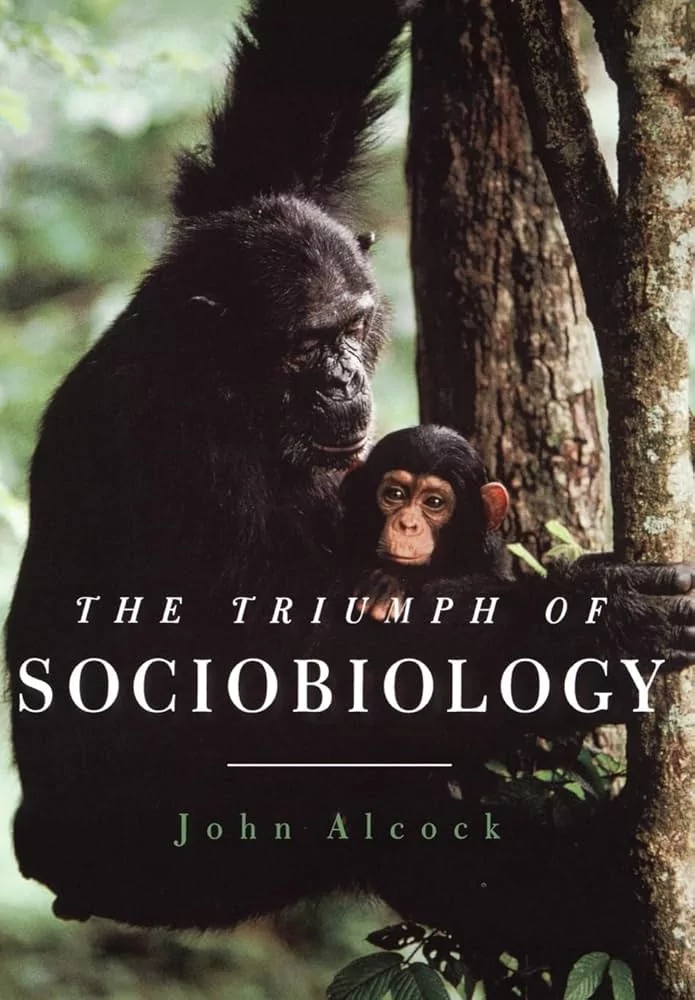Sociobiology is the branch of biology that explains social behavior—including mating and cooperation—through evolution and natural selection. Alcock’s book is a crisp, highly readable primer that also serves as a spirited defense of the field. If you’re new to the topic, it’s a solid “on-ramp,” and if you’ve heard only the controversies, it offers useful context and evidence (for an accessible overview of the discipline itself, see Encyclopaedia Britannica’s entry on sociobiology).
What the book does well
- Clear introduction: Alcock lays out how genes, environments, and evolutionary history can shape social tendencies without claiming that biology is destiny.
- Addresses critics head-on: He engages with objections from political and ideological perspectives, clarifying where scientific claims end and value judgments begin.
- Why it matters for humans: The book explains why ideas developed in animal behavior research can illuminate human patterns—status seeking, parenting, cooperation, and conflict.
Where it falls short
After convincingly arguing that sociobiology applies to people, the book offers fewer human-focused case studies than you might hope. If you’re especially interested in modern human behavior—partner choice, jealousy, or why risk-taking persists—you may leave wanting more concrete, contemporary examples. (If that’s your focus, you might also explore related pieces on this site, such as why some men engage in risky sex, how women evaluate traits like generosity and intelligence, or even tips on choosing a long-term mate.)
My take
The Triumph of Sociobiology is worth reading if you want a concise, evidence-forward introduction and a map of the debates. It’s strongest when clarifying misconceptions and showing how evolutionary logic generates testable hypotheses. It’s less satisfying if you’re hunting for deep dives into specifically human topics (e.g., modern dating markets, cross-cultural data on mating systems, or policy implications).
Who should read it?
Curious newcomers, students of psychology or biology, and anyone who wants to separate what the science actually says from caricatures of it. If you’re already well-versed in human behavioral ecology, consider this a sharp refresher rather than a comprehensive treatment.
Bottom line
Alcock delivers a thoughtful defense and clear introduction. You’ll close the book with a stronger grasp of how evolutionary thinking explains social behavior—and with a short list of human-focused topics to pursue next.

